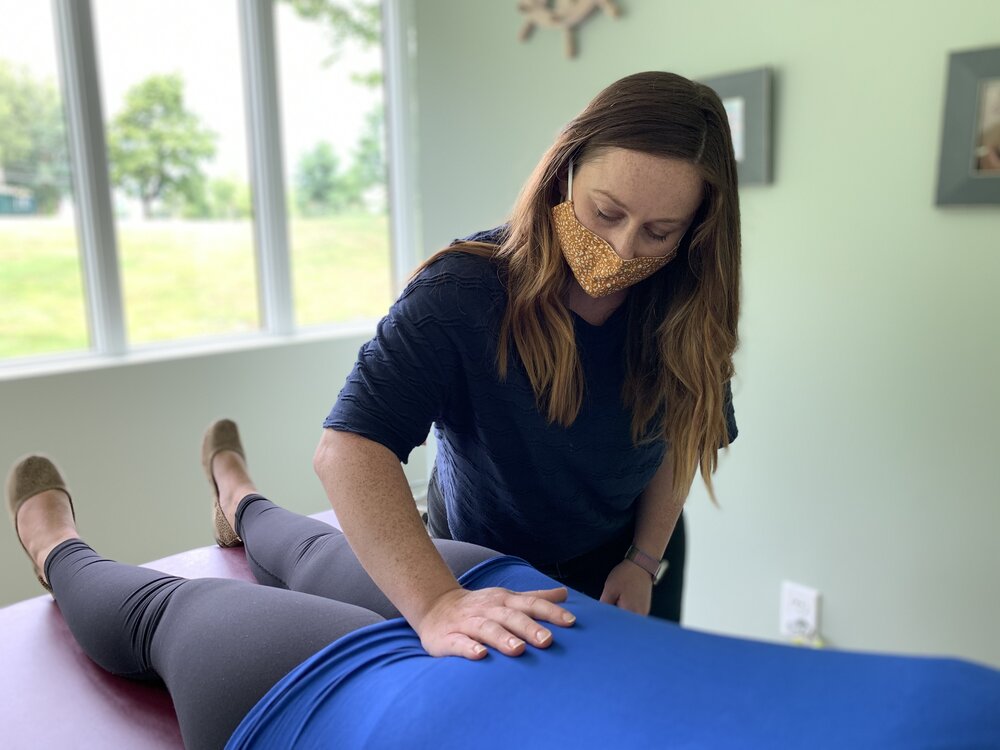Services for cardiovascular rehabilitation are a crucial component of comprehensive care for those who have had cardiovascular events or have been identified as having heart-related disorders. These specialist programs emphasize enhancing cardiovascular health, encouraging healing, and lowering the risk of subsequent cardiac episodes. Cardiovascular Rehabilitation Services work to improve the general health of people with heart issues by incorporating exercise instruction, education, and lifestyle changes.
Cardiovascular Rehabilitation Services: An Overview
Heart-related illnesses like coronary artery disease, heart attacks, heart failure, and procedures like bypass surgery or angioplasty are all treated via cardiovascular rehabilitation programs for patients. These services are intended to support patients through their healing process and aid in their return to peak cardiovascular health.
Cardiovascular Rehabilitation Services: Their Function
Services for cardiovascular rehabilitation are essential for enhancing the mental and physical health of people with heart diseases. A multidisciplinary team of medical experts, including cardiologists, exercise physiologists, registered nurses, nutritionists, and psychologists, often offers these services. Thanks to this cooperative approach, patients will receive thorough care catered to their unique needs.
Exercise Instruction
The heart of cardiovascular rehabilitation treatments is exercise training. Patients perform regulated aerobic activities, strength training, and flexibility drills under the direction of exercise physiologists. As the patient’s cardiovascular fitness increases, the exercise program is tailored to them specifically and advances gradually. Exercise strengthens the heart, increases blood flow, lowers blood pressure, and improves cardiovascular health overall.
Management of risk factors and education
Services for cardiovascular rehabilitation must include education. Patients are given advice and information on various subjects, such as managing their medications, managing their stress, and adopting a heart-healthy diet. The goal of educational sessions is to provide patients with a better awareness of their heart condition and give them the power to choose their lifestyles with knowledge. In order to prevent cardiovascular disease, risk factors like high blood pressure, high cholesterol, and diabetes must be identified and managed.
Lifestyle Adjustments
Cardiovascular rehabilitation programs emphasize the significance of establishing healthy lifestyle habits. Patients are urged to undertake lifestyle changes, such as adopting a heart-healthy diet, regular exercise, keeping a healthy weight, and learning how to cope with stress. Lifestyle changes have a positive effect on overall well-being in addition to helping to enhance heart health. Click here Pelvic Physical Therapy.
Psychosocial Assistance
Cardiovascular rehabilitation treatments must take patients’ emotional health into account. To assist patients in overcoming the emotional and psychological difficulties that can result from a cardiovascular incident or diagnosis, psychologists or counselors offer support and advice. Improving the quality of life and fostering total healing depend on addressing stress, anxiety, and depression.
Monitoring and after-treatment care
Services for cardiovascular rehabilitation also involve continual follow-up treatment and monitoring to guarantee patients’ progress and security. Regular evaluations, including EKGs and stress tests, may be conducted to check cardiovascular function and modify the training regimen. Healthcare professionals closely monitor patients’ development, adjust their treatment programs as needed, and offer ongoing support and direction.
Promoting heart health, healing, and general well-being for people with heart diseases is made possible through cardiovascular rehabilitation services, which are crucial. These services assist patients in regaining optimal cardiovascular function and lowering their risk of subsequent cardiac events through exercise instruction, education, lifestyle adjustments, and psychosocial support. Participants in cardiovascular rehabilitation programs can take charge of their heart health and improve their quality of life.
